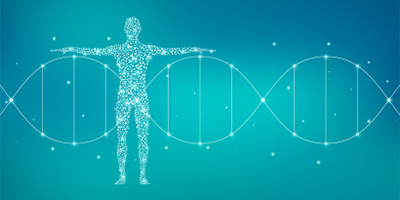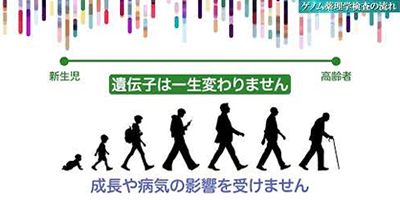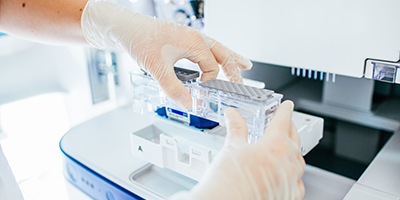
Q & A
What is Pharmacogenomics?
Pharmacogenomics (also known as PGx) is defined as “the study of variations of DNA and RNA characteristics as related to drug response” (ICH Harmonised Tripartite Guideline E15: Definitions for genomic biomarkers, pharmacogenomics, pharmacogenetics, genomic data and sample coding categories, 2007 ).).
Drug response refers to the body’s reaction to medication—whether a drug is highly effective or ineffective, whether adverse effects are likely to occur or not. These characteristics are collectively referred to as "drug responsiveness".
A related term, pharmacogenetics, is also used. In general, pharmacogenetics focuses on inherited genetic information (germline variants) that is passed on to future generations, while pharmacogenomics covers not only germline genes but also somatic mutations of cancer genomes, making it a broader concept.
The pharmacogenomics test provided by ISEIKAI focuses only on germline genes, and is therefore equivalent in scope to a pharmacogenetics test.
What is the Purpose of a Pharmacogenomics Test?
The purpose of this test is to analyze an individual’s genetic variations that are related to drug responsiveness, and to estimate the following characteristics:
- How effective certain medications may be (drug efficacy)
- Risk of experiencing potential adverse drug reaction (side effect risk)
- Predisposition to certain drug allergies (drug hypersensitivity)
This test provides genetic analysis and its interpretation (estimation of predispositions). It is not a medical act intended for diagnosis or treatment. Therefore, the information provided by this test does not replace a physician’s diagnosis or prescription decisions.
What Range of Genes Is Examined?
In this test, DNA is extracted from a blood sample, and only the gene regions related to drug responsiveness are analyzed. Regions unrelated to drug responsiveness are not decoded; therefore, this test does not provide information about predispositions to or risks of hereditary diseases.
Do the Results of a Pharmacogenomics Test Remain Unchanged for Lifetime?
Germline pharmacogenomics genes are part of the genetic information you are born with and do not change throughout your lifetime.
However, due to advances in analytical technology, the development of new drugs, and new medical discoveries, the interpretation of test results and the information provided may differ in the future compared with what is available today. At our hospital, test results are always interpreted based on the latest medical and pharmaceutical knowledge and established evidence. Therefore, even if the genetic results themselves remain the same, their interpretation may change over time (for example, with the addition of newly identified high-risk drugs).
If you have previously undergone this test and would like to receive updated information, our hospital offers a “Genomic Consultation on Drug Responsiveness and Drug Allergy Predisposition,” where we provide the latest medical insights along with an updated interpretation of your genetic test results.
How Are the Test Results Managed and Used?
Personal genetic and personal information is managed appropriately in compliance with the Act on the Protection of Personal Information, the Genomic Medicine Act, other relevant regulations, and the Privacy Policy of Medical Corporation ISEIKAI.
The information obtained from this test is stored in the electronic medical records at ISEIKAI International General Hospital and affiliated facilities of Medical Corporation ISEIKAI. It is utilized to ensure safe and appropriate drug therapy for the patient.
In addition, you will receive a written test report, which can also be used for medical care at other healthcare institutions.
Can Insurance Be Used?
The pharmacogenomics test is entirely self-funded and is not covered by a national health insurance.








